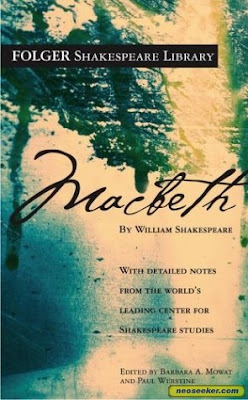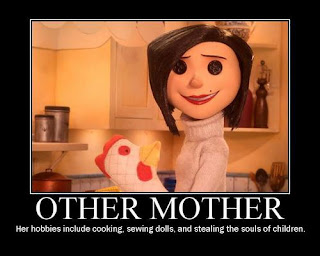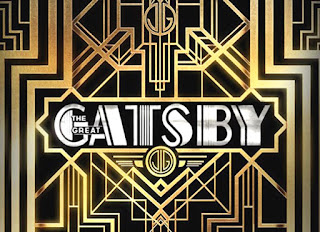Favorite Books: The Eagle of the Ninth

I was first introduced to The Eagle of the Ninth by Rosemary Sutcliff by the movie version of the book, The Eagle . The Eagle was a great movie, mostly because it involved face paint and Channing Tatum. So, after I saw it, I decided to read the book, and, after I read the book, I hated the movie, because the book was so much better. The Eagle of the Ninth tells the story of a Roman centurion, Marcus, stationed in Roman Britain. Marcus comes from a long line of soldiers. His father marched with the Ninth Legion, which disappeared in the old Roman province of Valentia. Marcus is haunted by the memory of his father's legion and longs to lift this shame from his family's name. After Marcus is injured in battle and forced to leave the army, he decides to journey north of Hadrian's wall to try to recover the lost Eagle of his father's legion. What follows is a stunning adventure that spans the length of Britain. The story is that the author actually based the book o...


